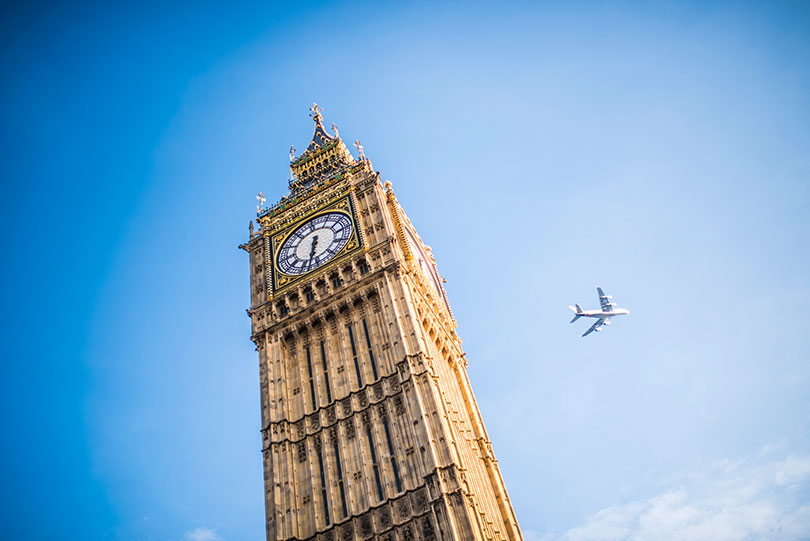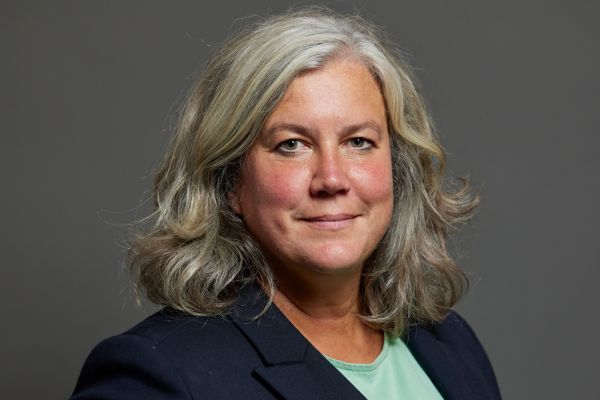Abta: ‘Give travel the right tax and policy framework to prosper’
 Luke Petherbridge
Luke PetherbridgeThe government remains tight-lipped on what we can expect from next month’s Budget, save for efforts to dampen any expectations of any significant tax cuts.
However, there are some important things we already know which tell us much about where the government’s focus lies.
November’s Autumn Statement was a much larger fiscal policy event than would usually be expected. It was used to reverse many of the decisions made by chancellor Jeremy Hunt’s short-lived predecessor Kwasi Kwarteng, and the previous prime minister, Liz Truss, by setting out what the government intends to do to support businesses over coming months, but also making clear the need for fiscal discipline.
It did include good news for travel agents, with confirmation the Treasury would act on calls made by Abta to extend business rates support. Indeed, the chancellor opted to go further with an extension of the relief to 75% for eligible businesses.
But, while we welcome support for the high street, the exclusion of tour operators and businesses without retail premises remains disappointing. This is something we have again raised with the chancellor in our submission ahead of this Budget.
There was also the subsequent update on energy bill support, confirmed in January, which once again outlined the government’s intention to tighten purse strings. The new scheme, to start in April, will dramatically reduce help for most business sectors.
Abta has made clear to the government our dissatisfaction with the level of support offered, as did many other trade bodies – including the Confederation of British Industry and Federation of Small Businesses. This is an area the government needs to keep under review.
Despite the strong bounceback for travel, things are still downcast elsewhere in terms of the wider economic picture. The chancellor will be looking to show the government has a plan not only to guide the economy through current challenges, but also to restore growth in the years ahead – an important task given the next general election is on the horizon.
Recent statistics from Lloyds Bank note that travel and tourism, including travel agents and tour operators, are the second fastest growing sectors of the UK economy currently.
This chimes with Abta’s own recent research, highlighted to Treasury in our Budget submission, which finds that international travel will lead the UK’s economic recovery. Our analysis found the outbound sector is expected to grow 15% by 2027 (compared with 2019 levels), outperforming the wider UK economy. With the government in need of growth, this is a message we – as an industry – can’t stress enough.
Make APD work for travel
This is also why, despite the government’s message about tax cuts, Abta continues to call out the uncompetitive nature of the UK’s approach to Air Passenger Duty. With an APD increase of 12.6% announced in the Autumn Statement, we risk slipping further behind international competitors.
We’ve always been clear that the industry should make a fair tax contribution, and that we need to play our part in delivering a transition to a sustainable future for UK aviation.
However, APD continues to be a tax that isn’t structured to incentivise cleaner or greener flight choices, while none of the revenues being made are reinvested in ensuring the UK leads the way on the transition to sustainable fuels, or the development of new technologies.
Fiscal policy is just one way in which government decisions impact our members’ businesses, there is also the regulatory side. We know big changes are potentially afoot when it comes to Atol reform and the wider consumer protection landscape.
Our focus right now is getting insight from our members – and the wider financial protection industry – to ensure the CAA is fully informed on what the industry thinks of the future of financial protection and what their proposals might mean for the industry.
Abta continues to champion our industry, promoting the £49 billion we add to the UK economy every year and the more than 800,000 jobs that our sector supports. Our message remains that we need the right tax and policy framework to unleash the huge potential that exists within our industry.
Whatever the chancellor says when he stands at the despatch box on 15 March, Abta will continue to spread the message of the importance of our industry for the UK economy to government and across the political spectrum.
Luke Petherbridge is Abta’s director of public affairs.
Sign up for weekday travel news and analysis straight to your inbox

Luke Petherbridge
Supplier Directory
Find contacts for 260+ travel suppliers. Type name, company or destination.


















